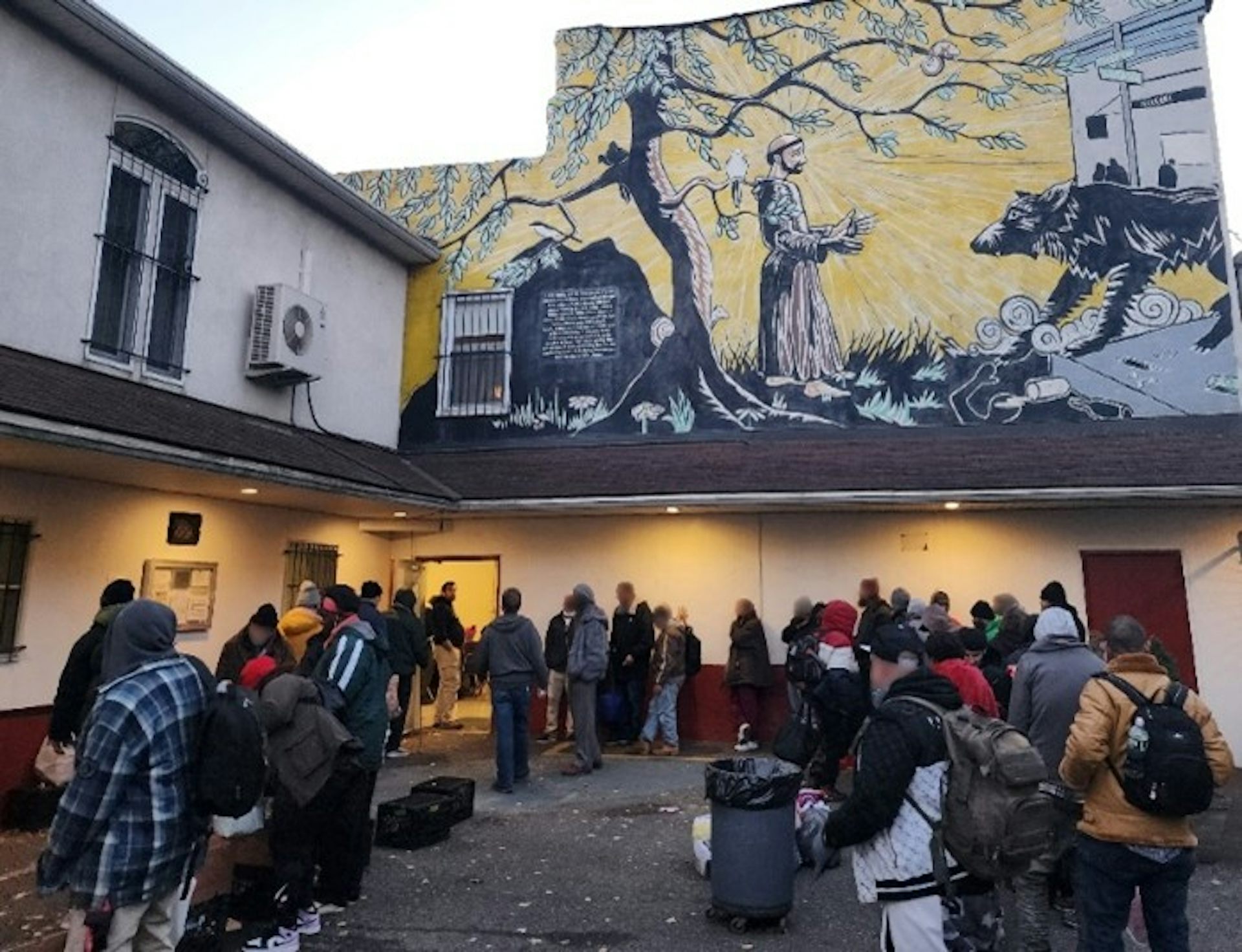Black teachers are key mentors for Philly high school seniors navigating college decisions
A sociologist interviewed 100 Philadelphia 12th graders and found their Black educators provided unique insights and support for planning life after graduation.

Zikia, a 12th grader in Philadelphia, was stressing over where she would attend college in the fall. Her charter school’s college decision ceremony was the next day, and she was torn between her two top choices.
At a crossroads, she reached out to her favorite teacher, the only Black educator on her course schedule. “I texted him at nighttime,” she recalled. “I didn’t feel like I could do that with my other teachers.”
In my research on college and career readiness, I did not initially set out to study the impact of Black teachers, but students like Zikia readily brought up the topic.
In interviews, students insisted on the importance of having Black educators. They consistently named their Black teachers and counselors as the most influential adults in their planning for life after graduation.
Black educators, though, are severely underrepresented in the local teaching workforce. At Zikia’s school, over 75% of students are Black compared to only about 15% of teachers.
The picture is just as striking in Pennsylvania as a whole. Statewide, the share of Black students is four times the share of Black teachers – 14.5% of students are Black, while only 3.7% of teachers are. A majority of public schools in Pennsylvania do not employ a single teacher of color despite serving racially diverse communities.
These statistics are particularly concerning because strong evidence suggests that minority students benefit greatly from working with same-race teachers.
Over the past two decades, a wave of studies from economists and education scholars have documented that when Black students are assigned to Black teachers, their math and reading scores improve, their rates of absenteeism and suspensions drop, and over the long run, they are more likely to enroll in honors classes, complete high school and go to college.
This research is mostly quantitative and does more to establish that Black teachers are effective than explain why they are able to deliver such impressive results.
To answer this latter question, I went directly to the source.
I conducted interviews with roughly 100 Philadelphia 12th graders, asking them how they came to trust and depend on Black educators when weighing one of the most consequential decisions of their lives: whether and where to go to college. I spoke with students at five city high schools, including district-run and charter schools, as well as some of the teachers and counselors involved in their college decisions.
Zikia and the other names used in this story are pseudonyms to protect the confidentiality of research participants.
Inspiration, empathy and insight
The presence of Black educators mattered to students for several reasons.
Some of my respondents felt inspired by seeing Black people in school leadership positions. LaMont, for instance, said that taking classes from Black teachers motivated him: “Just to see success is achievable. A teacher is something in life. And it shows that people that look like me are able to overcome something. Having Black teachers gives you a sense of confidence.”
LaMont’s seeing his own identity and background reflected in his teachers is what sociologists and political scientists call descriptive representation. His classmates agreed that it was important to have teachers who looked like them. Their connection, they insisted, was more than skin deep. Most of them gravitated to Black teachers because of how those teachers did their jobs and advocated for minority students, a concept called substantive representation.
For instance, many students felt most comfortable asking for help from Black teachers because they regarded them as more empathetic listeners and felt they were invested in their holistic well-being, not just in their grades or academic performance.
When I asked Ramir to tell me about the teachers he had strong relationships with, he offered a typical answer: “Most of them are African American,” he said. “But it’s not even just about that. I like a teacher who tries to understand you for who you are. Not look at you as a student but as a human being and build with you.”
Students also credited Black teachers with making them feel like they belonged at school. They sought out advice from teachers who believed in their potential and held them to high academic and behavioral standards. These qualities were by no means unique to Black teachers, but white teachers sometimes found it difficult to balance authority with warmth in their relationships with students.
“There are some teachers that act like siblings and some that act like parents,” said Emily, a white social studies teacher. “And it’s very rare that a white teacher can act like a parent and have the kids still like them.”
Black educators also had culturally relevant insights into college that students valued highly. They often had deeper knowledge of local historically Black colleges and universities, or they could speak to the experience of being a racial minority at a predominantly white institution. Students valued guidance more when it came from a source they felt was relatable.
These findings suggest that Black educators are effective not only because of shared identity or experiences, but also because of the skills and dispositions they bring into the classroom: proactively building relationships, coupling high expectations with high levels of support, and bringing schoolwork to life. As a result, minority students held out hope not only for more representation in the classroom but also that all their teachers – regardless of race – would integrate these practices into their tool kits.
Read more of our stories about Philadelphia.
Joseph Sageman does not work for, consult, own shares in or receive funding from any company or organization that would benefit from this article, and has disclosed no relevant affiliations beyond their academic appointment.
Read These Next
Nearly every state in the US has dyslexia laws – but our research shows limited change for strugglin
Dyslexia laws are now nearly universal across the US. But the data shows that passing a law is not the…
Polymers from earth can make cement more climate-friendly
Cement is responsible for about 8% of global greenhouse gas emissions, and demand is growing as the…
How business students learn to make ethical decisions by studying a soup kitchen in one of America’s
For 50 years, St. Francis Inn in Philadelphia has served the poorest and most vulnerable people in Kensington.





